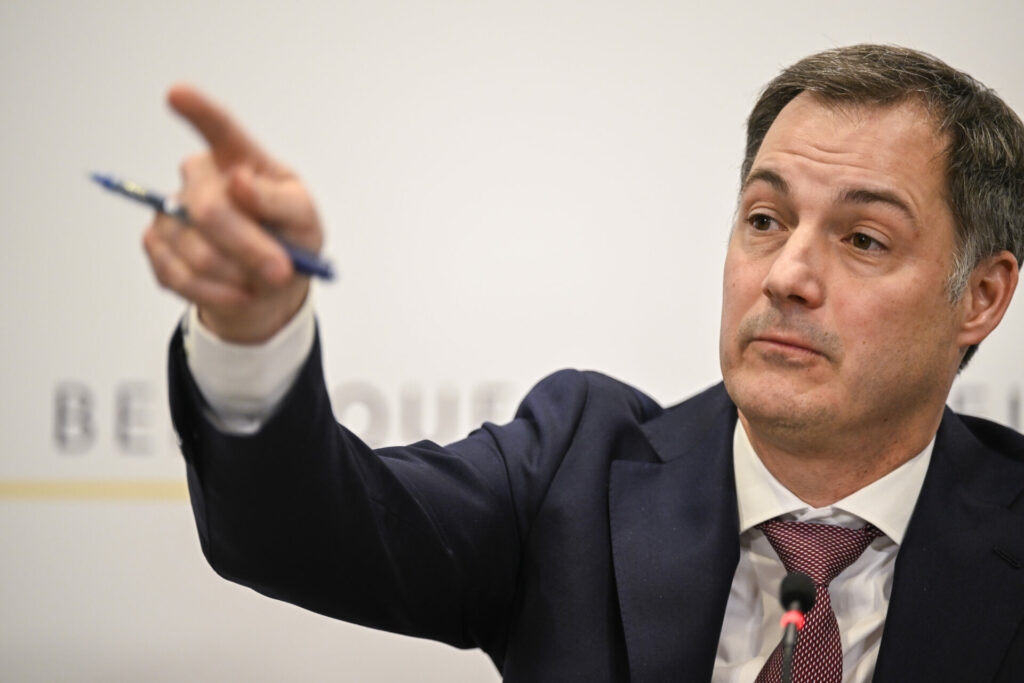After the leader of the Flemish separatist rightwing N-VA party, Bart De Wever, openly called into question Belgium's nuclear deal, Prime Minister Alexander De Croo hit back affirming that the Federal Government and the energy giant Engie did indeed sign a commitment on the extension of the Doel 4 and Tihange 3 nuclear reactors.
On Monday evening, De Croo and Federal Energy Minister Tinne Van der Straeten announced Belgium's agreement with Engie to keep the two youngest nuclear reactors open for ten years longer, starting from the winter of 2026. De Wever, however, already criticised the deal and called it a "Trojan horse with a big bill inside" all the while questioning whether an agreement had even been signed.
"I understand that De Wever, as chair of federal opposition party N-VA, has to be critical. But here he is mistaken," De Croo said on Flemish radio on Tuesday. "When he says nothing has been signed, that is factually incorrect. Last night that document was signed by both parties just before the press conference."
De Wever had stressed that Engie had not communicated about the deal yet, even though they are required to do so as a listed company. However, a document stating that Engie and the Belgian Federal Government have developed a framework for the extension of the Doel 4 and Tihange 3 nuclear reactors was published on Engie's website at 19:00 last night.
No result commitment, but a resource commitment
The document – a 'Heads of Terms' agreement – is a statement of intent that "should pave the way to full agreements in the coming months," the document states. De Croo describes it as a resource commitment, in which "both sides are very clearly committed to using all means to achieve a common objective, to be ready with the renewal of the two most recent reactors by November 2026."
That also means that it is not a result commitment, with both parties committing to ultimately achieving the agreed target. To this end, Engie gives no guarantee that the two reactors in question will effectively run in November 2026 but only that the company will do its utmost to make sure that this will be the case.
Yet this also means that there are no guarantees that the lights will not go out in Belgium, even if the chances of that happening are "extremely small," the Prime Minister said. "The situation today and the coming winters in our country is a luxury situation compared to other countries, where people are already talking about switch-off plans today."
Related News
- 'Trojan horse': Flemish separatists N-VA heavily criticise Belgian nuclear deal
- Belgium in Brief: Nuclear is back on the menu
- 'Works can start tomorrow': Belgium and Engie reach deal to extend nuclear power plants
Of course, there is still a technical installation which isn't guaranteed to go smoothly. "But everything is organised to ensure that we will not have any problem in terms of security of supply and that we take back control of our own energy."
Earlier, Van der Straeten already stressed that lifetime extension is a very complex process but the deal with Engie is more than a declaration of intent. "It is about a commitment for all parties to use all the resources they have to achieve a common goal," she said.
More information about the deal with Engie can be found here.

